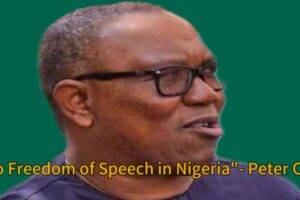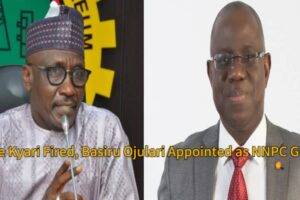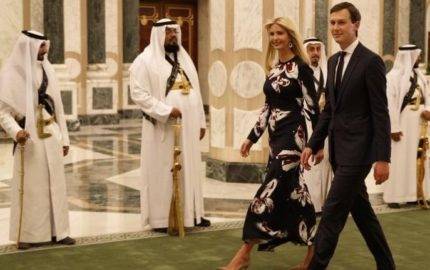Jared Kushner, the Former White House adviser recently made headlines during an interview with Fox News‘s Maria Bartiromo. He claimed that, as an American Jew, he feels safer in Saudi Arabia than on a U.S. college campus, specifically mentioning Columbia University. This statement has sparked a debate on patriotism, free speech, and security concerns.
Jared Kushner on Speaking Freely in Saudi Arabia
During his interview, Jared Kushner revealed that he had spoken at a conference in Saudi Arabia where he was allowed to express his views freely. He described a sense of disgust among the Saudi people regarding a recent terrorist attack attributed to Hamas. Saudi Arabia, he claimed, wishes to see Israel eliminate Hamas and is generally against terrorism in the region.
Kushner also highlighted the enthusiasm for strengthening the relationship between Israel and Saudi Arabia
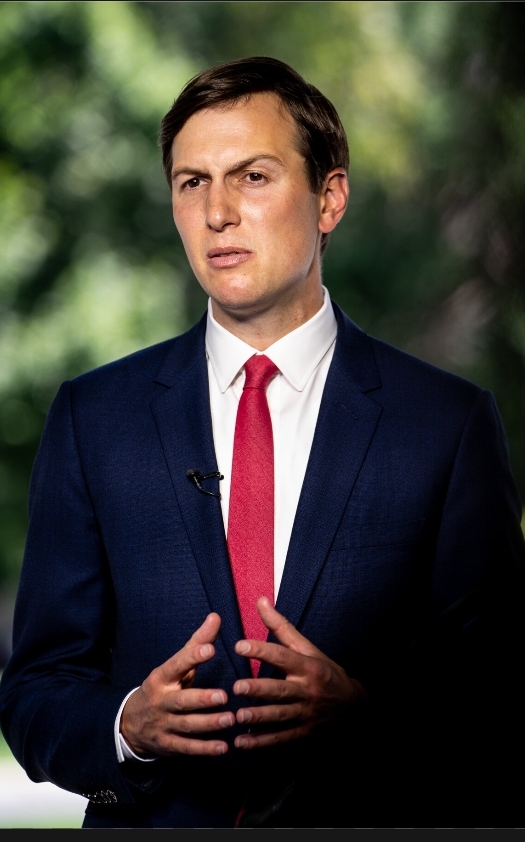
Regional Security and Economic Cooperation
Kushner discussed the desire to continue the trajectory initiated during the Trump Administration, where there was an emphasis on bringing Israel and Saudi Arabia closer together.
The goal is to create a regional security and economic architecture that fosters cooperation among people of different faiths, including Jews, Muslims, and Christians, living in the Middle East. The focus is on business, understanding, and improving the quality of life in the region.
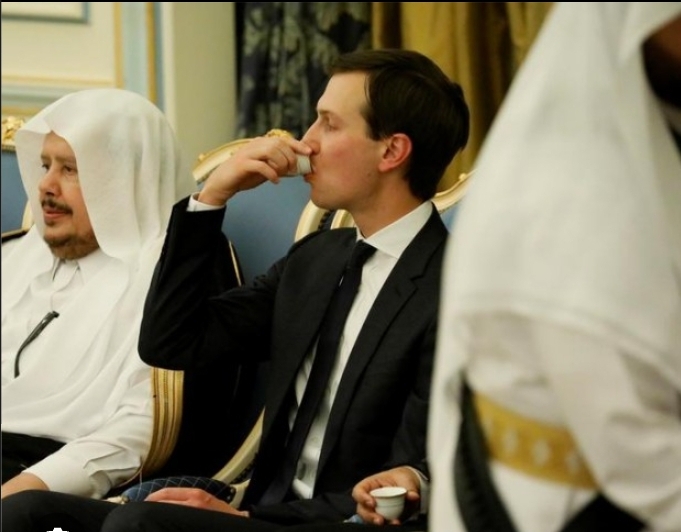
Economic Transformation in Saudi Arabia
Kushner commended the economic transformation that has taken place in Saudi Arabia over the last five years, emphasizing the progress and development the country has experienced. He drew a sharp contrast with the situation in the West Bank and Gaza, lamenting the lack of leadership focused on creating opportunities for the people in these regions instead of pursuing anti-Israel sentiments.
A Matter of Opinion and National Debate
Kushner’s statement has raised eyebrows and ignited discussions about safety, freedom of speech, and the state of university campuses in the United States. Critics argue that comparing safety in Saudi Arabia to U.S. universities oversimplifies complex issues while supporters contend that it is a reflection of their concerns.
Jared Kushner’s Dual Loyalties
Jared Kushner’s statement about feeling safer in Saudi Arabia, juxtaposed with his significant financial dealings with the country, has stirred a vigorous debate about his loyalties and patriotism. His role in securing a $2 billion investment from a fund led by the Saudi crown prince, shortly after his tenure in the White House, has raised eyebrows and prompted questions about potential conflicts of interest.
Furthermore, some will argue that his actions are a reflection of his commitment to economic growth and cooperation in the Middle East, others are skeptical of the implications of such deals on the national interests of the United States. The dual loyalties implied by Kushner’s comments and financial transactions certainly warrant further examination and a broader discussion about the intersection of personal interests and national responsibilities for public figures of his stature.
Ultimately, whether one sees Kushner’s actions as a genuine effort to promote peace and prosperity in the region or as a concerning alignment with foreign interests, it highlights the necessity for transparency and accountability in the post-public service careers of high-ranking government officials. As the discussion continues, it underscores the importance of addressing these complex issues and maintaining the public’s trust in its leaders’ commitment to their country’s well-being.
The debate surrounding Kushner’s patriotism versus the Saudi’s $2 billion deal is a reflection of broader concerns about ethics, accountability, and the delicate balance between personal interests and national responsibilities in the world of politics and diplomacy.
Table of Contents
Discover more from OGM News NG
Subscribe to get the latest posts sent to your email.







